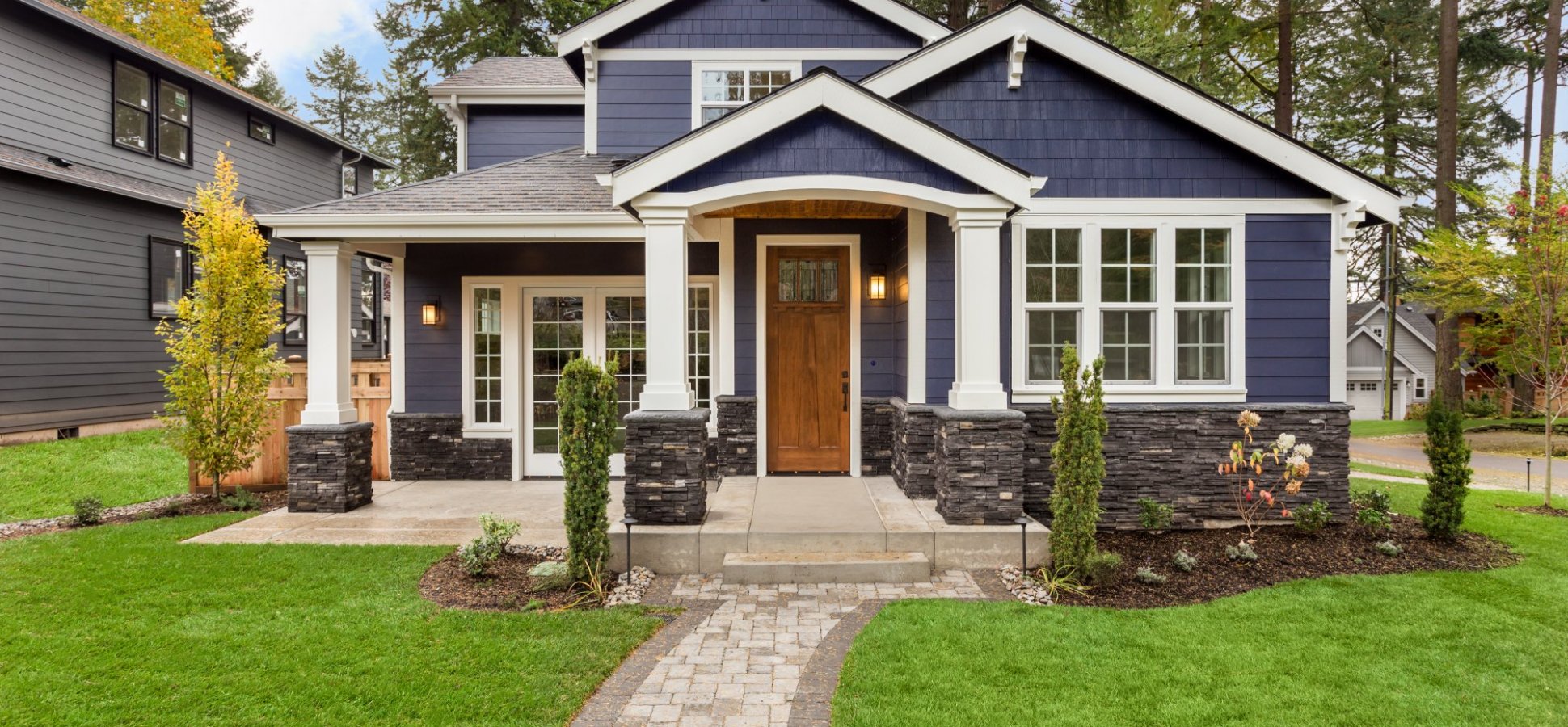When shopping for a new home, it’s easy to go straight to property listings and open houses. But there’s a key factor in home purchasing that should take place long before you ever start looking: prequalifying for a loan.
You might wonder why you should set out to prequalify for your mortgage loan before you even start house hunting. Of course there’s no harm in just casually looking for possible houses, but a with a pre-qualification in hand, it will give you a guided direction to know where to start looking, before you spend time and energy searching for homes in a neighborhood you can’t afford.
There are a lot of benefits to being pre-qualified when house hunting, especially in today’s market. One, when you sit down with a lender, you have the option of discussing loan options that fit your budget instead of running your search based on estimations. Two, the lender can check your credit so that you’ll know if there are any issues ahead of time. You can also learn the maximum available loan which will guide you to houses in your price range, saving you time and energy and helping to narrow down your search. And lastly, in today’s market, home sellers will actually be more willing to negotiate with you if you have a pre-qualification. Having a pre-qualification shows to the seller that you’re serious about buying, and sometimes, with other offers on the table, having a pre-qualification can be the asset that tips the scales in your favor.
In short, taking time to apply for a pre-qualification is always beneficial, not only for the time and energy it will save you in the long run, but because of the peace of mind it will give you as you shop for you new home.













